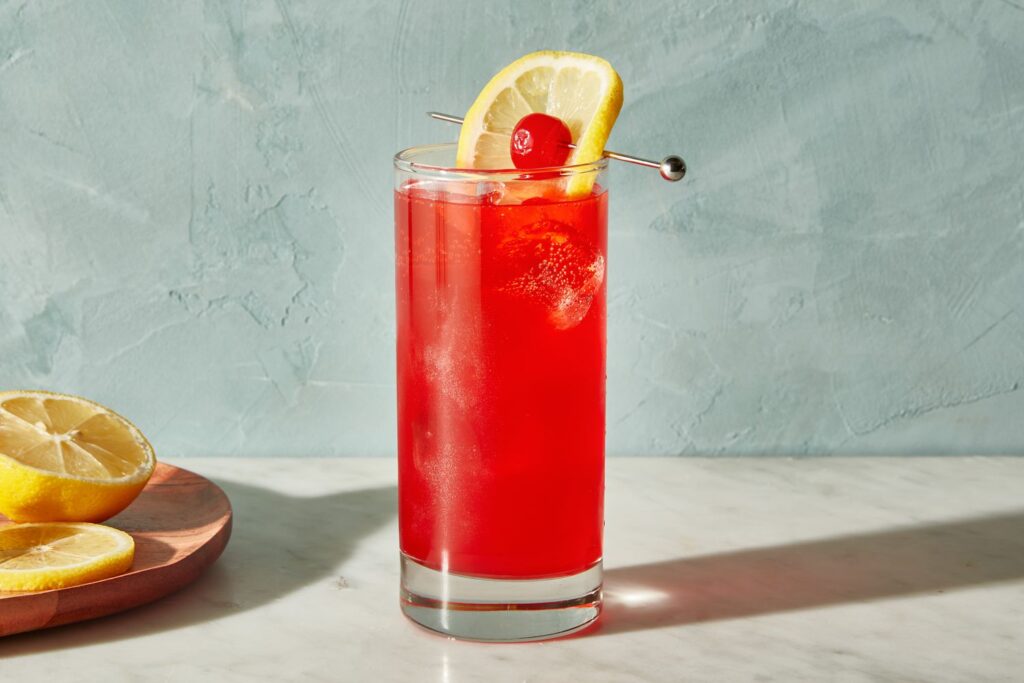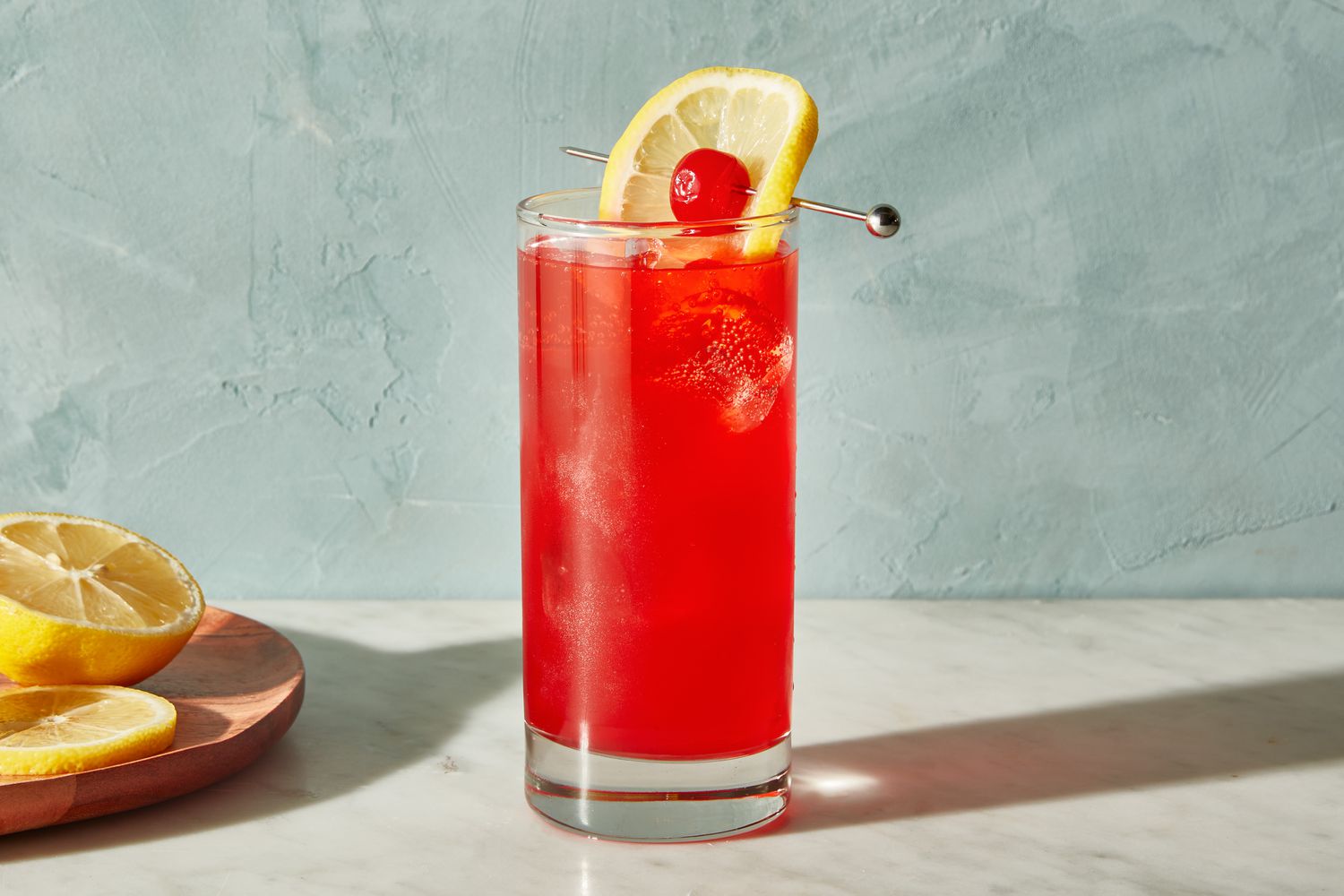Introduction to Iconic Cocktails
Cocktails are not just beverages; they are experiences, embodying the essence of times and places. Among the multitude of cocktails, the Long Island Iced Tea and the Singapore Sling stand out as iconic, each offering a unique story and taste.
The Role of Cocktails in Social Culture
Cocktails contribute significantly to social and cultural landscapes, often becoming symbols of local customs, historical eras, or societal trends.
Overview of Long Island Iced Tea and Singapore Sling
The Long Island Iced Tea is renowned for its high alcohol content and deceptive taste that resembles non-alcoholic iced tea. In contrast, the Singapore Sling is famous for its complex flavor profile and vibrant color, embodying the spirit of Southeast Asian ingredients.

Deep Dive into Long Island Iced Tea
Origins and History of Long Island Iced Tea
Believed to have been invented in the 1970s in Long Island, New York, this cocktail was possibly created as a contest entry to develop a new mixed drink with triple sec.
Ingredients and Preparation of Long Island Iced Tea
A typical Long Island Iced Tea includes vodka, tequila, light rum, triple sec, gin, and a splash of cola, which gives it the tea-like appearance.
Variations of Long Island Iced Tea
Over time, many variations have emerged, including those substituting one type of spirit for another or altering the mixer to tweak the flavor.
Exploring Singapore Sling
Historical Background of Singapore Sling
Created at the Raffles Hotel in Singapore by bartender Ngiam Tong Boon in the early 20th century, this cocktail was originally designed as a drink for women.
Ingredients and Method for Singapore Sling
The classic recipe calls for gin, Cherry Heering, Bénédictine, and fresh pineapple juice, creating a fruity and tropical flavor.
Variations and Modern Adaptations
Modern versions of the Singapore Sling explore different fruit juices and adjusting the spirits to suit contemporary palates.
Flavor Profiles and Drinking Experience
Comparison of Taste and Flavor Complexity
The Long Island Iced Tea is potent and sweet with a subtle hint of citrus, while the Singapore Sling offers a more complex, layered mix of sweet, tart, and herbal notes.
Ideal Drinking Scenarios for Each Cocktail
While the Long Island Iced Tea might be suited for a lively party due to its strength, the Singapore Sling serves well as a refreshing, sophisticated drink suitable for more relaxed or upscale settings.
Popularity and Global Influence
Long Island Iced Tea in the Global Bar Scene
This cocktail has become a staple in many bars around the world, often appreciated for its straightforward, strong alcohol punch.
Singapore Sling’s Contribution to Global Cocktail Culture
The Singapore Sling remains a significant cultural export for Singapore and is a popular choice in global bars, offering a taste of Asian-inspired mixology.
Expert Opinions and Bartender Insights
Bartenders on Long Island Iced Tea
Many bartenders view the Long Island Iced Tea as a challenge to balance its strong components smoothly.
Mixologists’ Takes on Singapore Sling
Mixologists often regard the preparation of a Singapore Sling as an art, requiring precise measurement and understanding of the flavor balance.
Pairing Food with Cocktails
What to Eat with a Long Island Iced Tea
Due to its strength, pairing it with hearty, robust foods like burgers or BBQ can help balance the alcohol intake.
Best Food Pairings for a Singapore Sling
The Singapore Sling pairs beautifully with Asian dishes, particularly those with sweet and sour flavors like tamarind or lime-based recipes.
Choosing Between Two Cocktail Giants
When deciding between a Long Island Iced Tea and a Singapore Sling, consider the occasion, your flavor preference, and how much you’re looking to drink. Both cocktails offer distinct experiences: one is bold and intoxicating, while the other is complex and refined.
Future Trends in Cocktail Preferences
As trends evolve, we may see more health-conscious versions of these drinks, with lower alcohol versions or fresher ingredients, reflecting a broader shift towards mindful drinking.

















